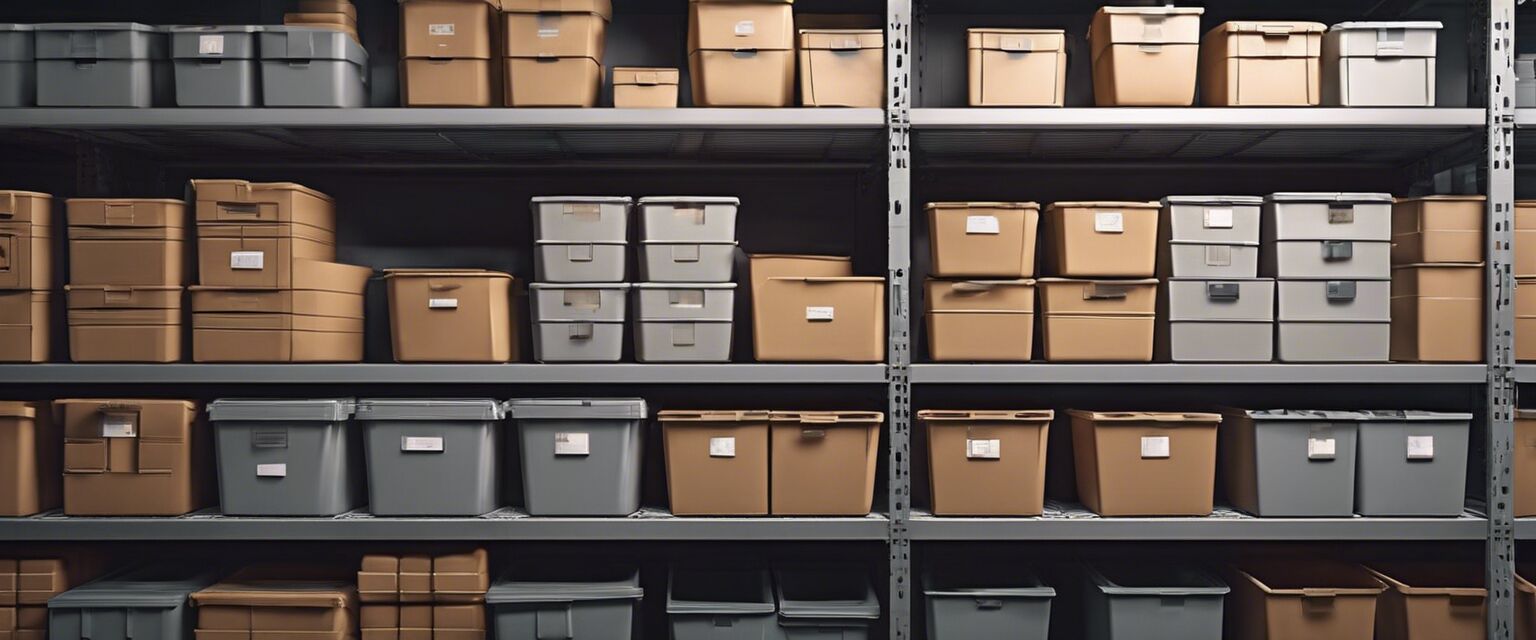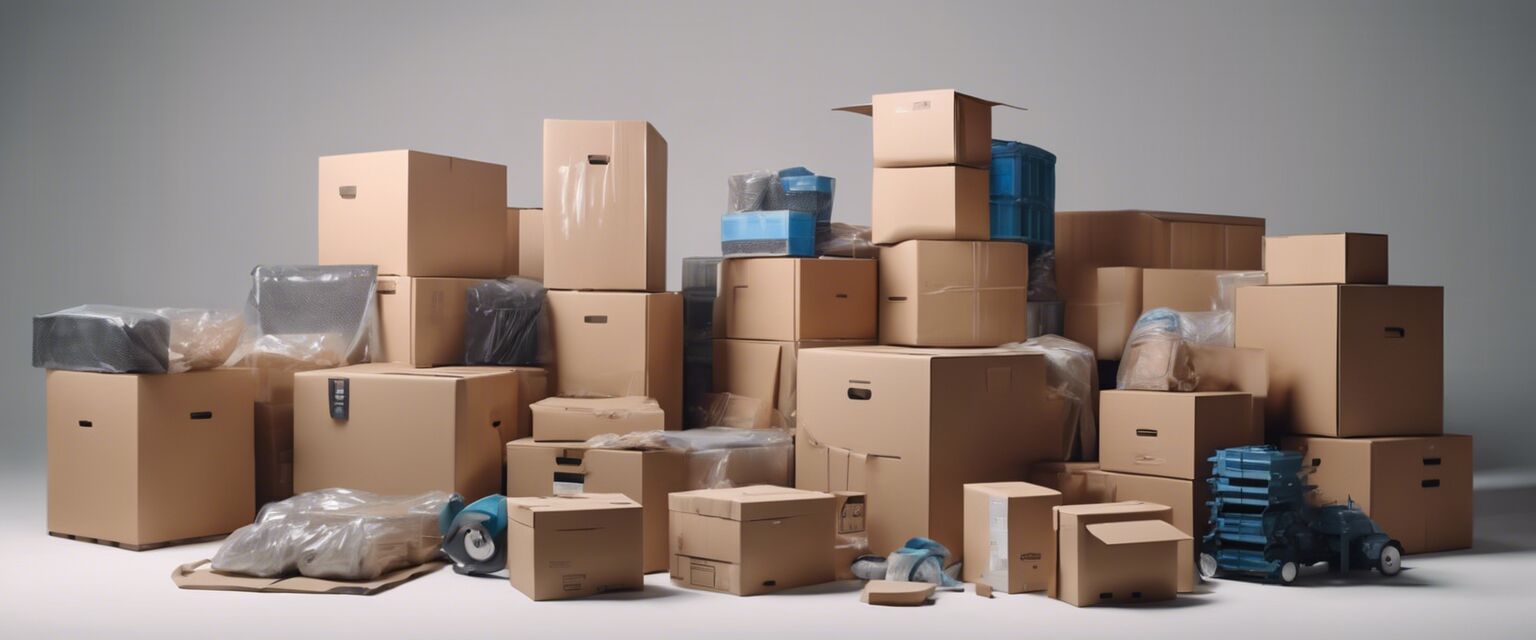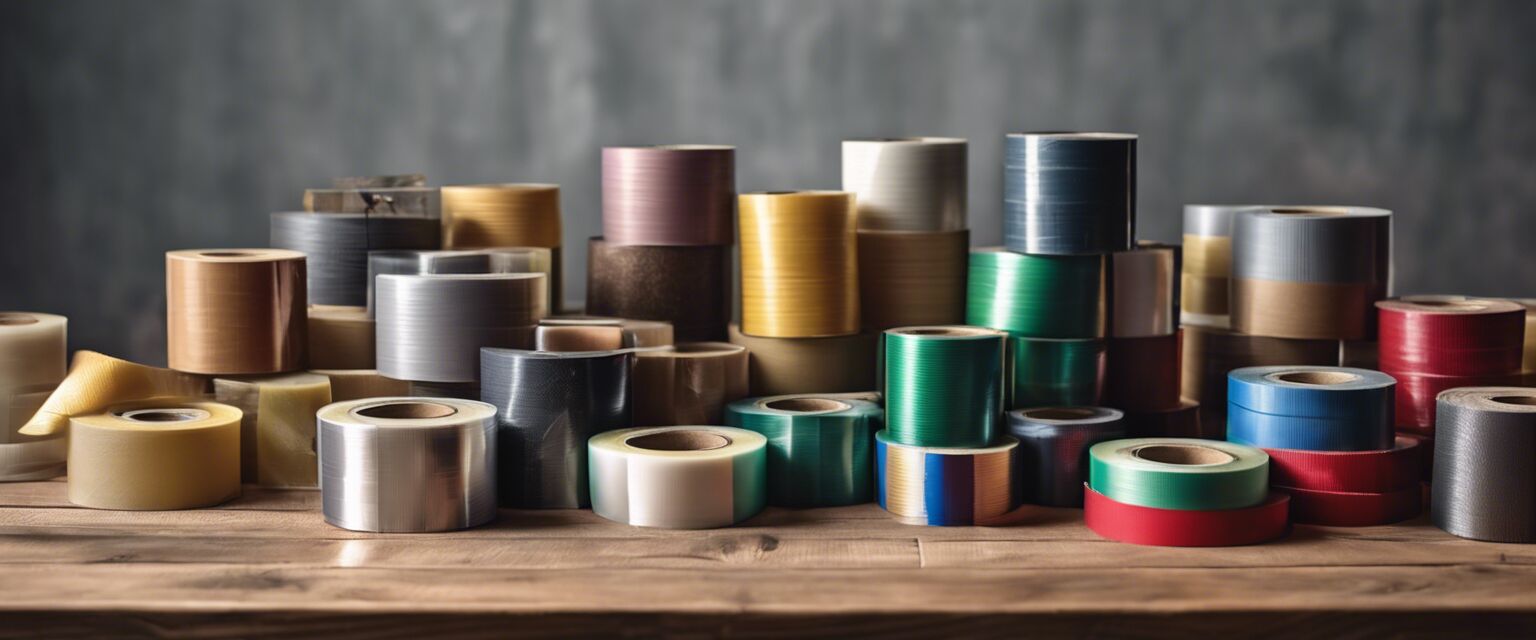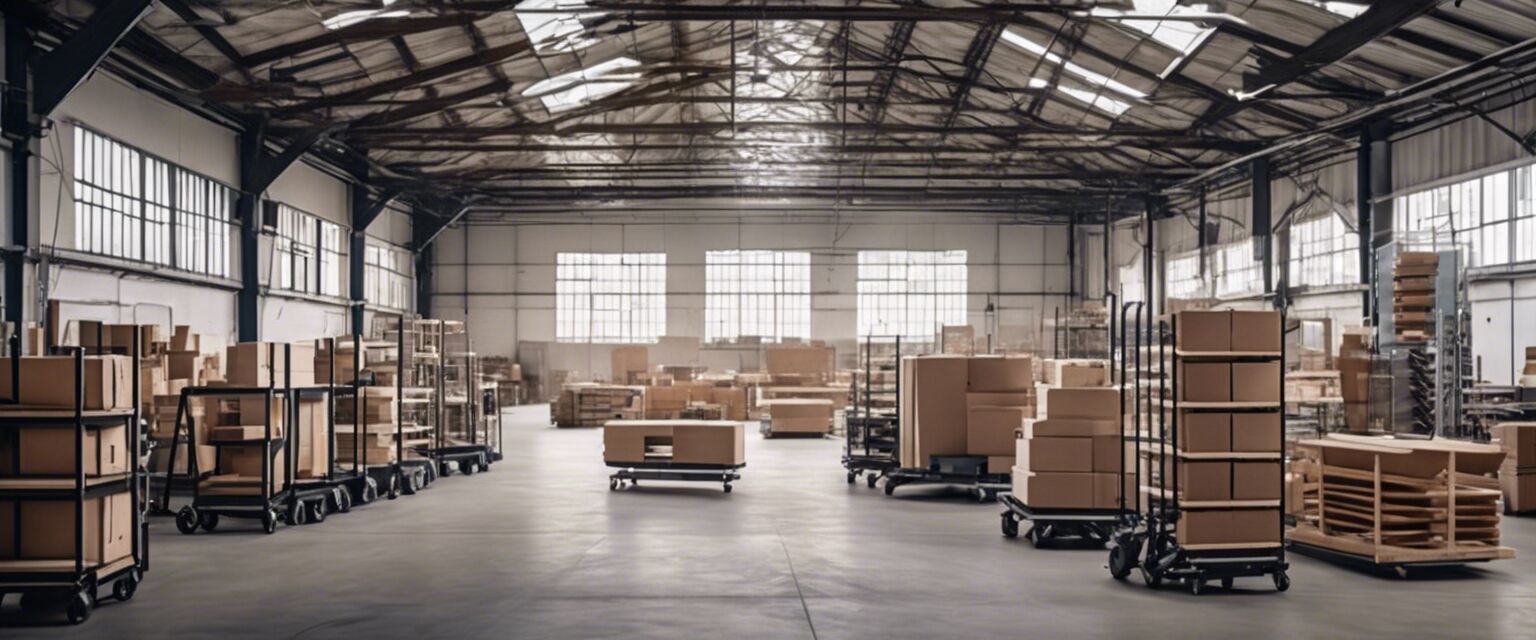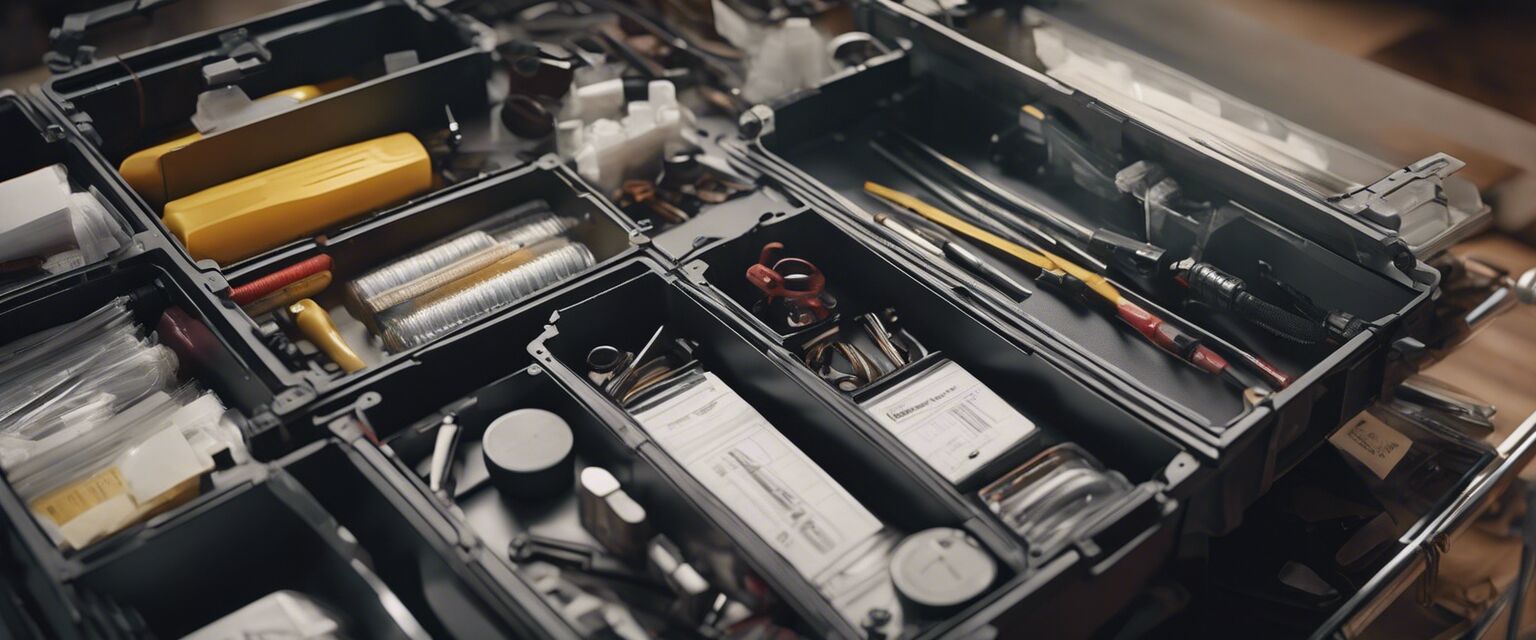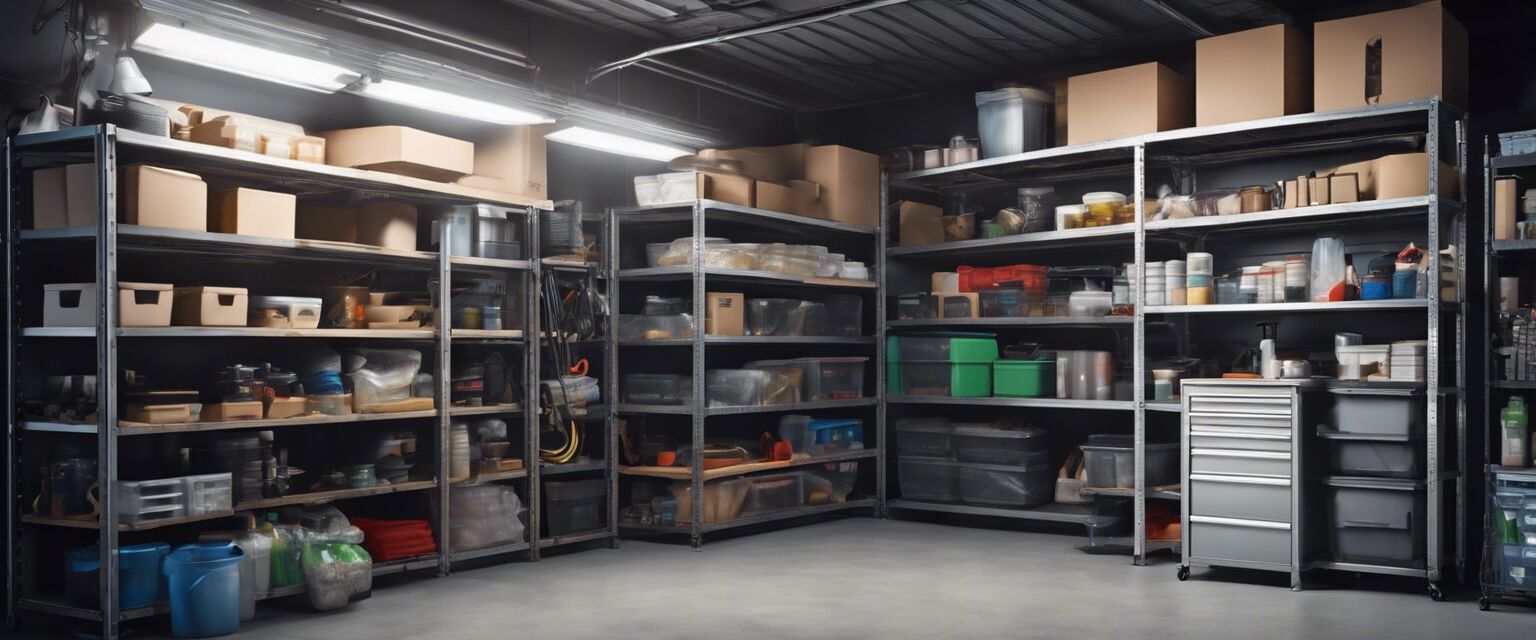
Packing Materials
Key Takeaways
- Packing materials are essential for protecting your belongings during a move.
- Different types of packing materials serve various purposes.
- Choosing the right packing materials can save you time and money.
- Understanding how to use packing materials properly is critical for a successful move.
Packing materials are crucial for ensuring the safety and security of your items during a move or while in storage. This complete guide will explore the different types of packing materials available, their uses, and tips for choosing the right ones for your needs. Whether you're moving across town or storing items long-term, understanding packing materials will make your life easier.
Types of packing materials
| Type | Description | Best Used For |
|---|---|---|
| Bubble Wrap | A plastic material with air-filled bubbles for cushioning. | Fragile items like glassware and electronics. |
| Packing Peanuts | Small, lightweight foam pieces used for filling voids. | Loose-fill protection for boxes. |
| Cushioning Foam | Soft foam material that absorbs shock. | High-value items and electronics. |
| Cardboard Boxes | Sturdy boxes for packing and transporting items. | General moving and storage. |
| Moving Blankets | Thick blankets used to protect furniture and large items. | Moving furniture and appliances. |
How to choose the right packing materials
Choosing the right packing materials requires careful consideration of the items you are packing. Here are some tips to guide you:
Tips for beginners
- Assess the fragility of your items.
- Consider the size and weight of your belongings.
- Plan for different types of items (e.g., fragile, bulky, etc.).
- Donât forget about labeling your boxes for easier unpacking.
Common packing materials and their uses
Understanding the various packing materials and their specific uses can greatly enhance your moving experience. Below are some common materials:
| Packing Material | Use |
|---|---|
| Bubble Wrap | Protects fragile items from impact. |
| Packing Peanuts | Fills empty spaces in boxes to prevent movement. |
| Cushioning Foam | Provides extra protection for delicate items. |
| Cardboard Boxes | Basic container for packing items. |
| Moving Blankets | Wraps around furniture for protection. |
Tips for packing effectively
Effective packing can make a significant difference in your moving experience. Here are some tips to help you pack like a pro:
- Use smaller boxes for heavy items and larger boxes for lighter items.
- Wrap fragile items individually using bubble wrap or cushioning foam.
- Fill empty spaces in boxes with packing peanuts or crumpled paper.
- Label all boxes with their contents and destination room.
- Stack boxes strategically to prevent shifting during transport.
Where to buy packing materials
Packing materials can be found at various locations, including:
- Local hardware stores
- Office supply stores
- Online retailers
- Specialty moving supply companies
For more information on specific packing supplies, check out our pages on packing materials, moving boxes, and moving blankets.
Understanding packing materials for different types of moves
The type of move you are undertaking (local vs. long distance) can influence your choice of packing materials. Here are some considerations:
| Type of Move | Recommended Packing Materials |
|---|---|
| Local Move | Cardboard boxes, bubble wrap, and moving blankets. |
| Long Distance Move | Sturdy boxes, cushioning foam, and packing peanuts. |
| Storage | Plastic bins, storage boxes, and desiccants. |
Final thoughts
Choosing the right packing materials can make all the difference in protecting your belongings during a move. By understanding the various types of materials available and how best to use them, you can ensure a smooth and stress-free moving experience.
Pros
- Protects items from damage during transit.
- Variety of options for different needs.
- Cost-effective solutions available.
Cons
- Can be overwhelming due to the number of choices.
- Improper use can lead to damage.
- Some materials may not be eco-friendly.
Resources for further reading
For more detailed information, consider reviewing our guides on storage boxes and bins and storage shelving. These resources can help you make informed decisions about your moving and storage needs.
Images of packing materials




